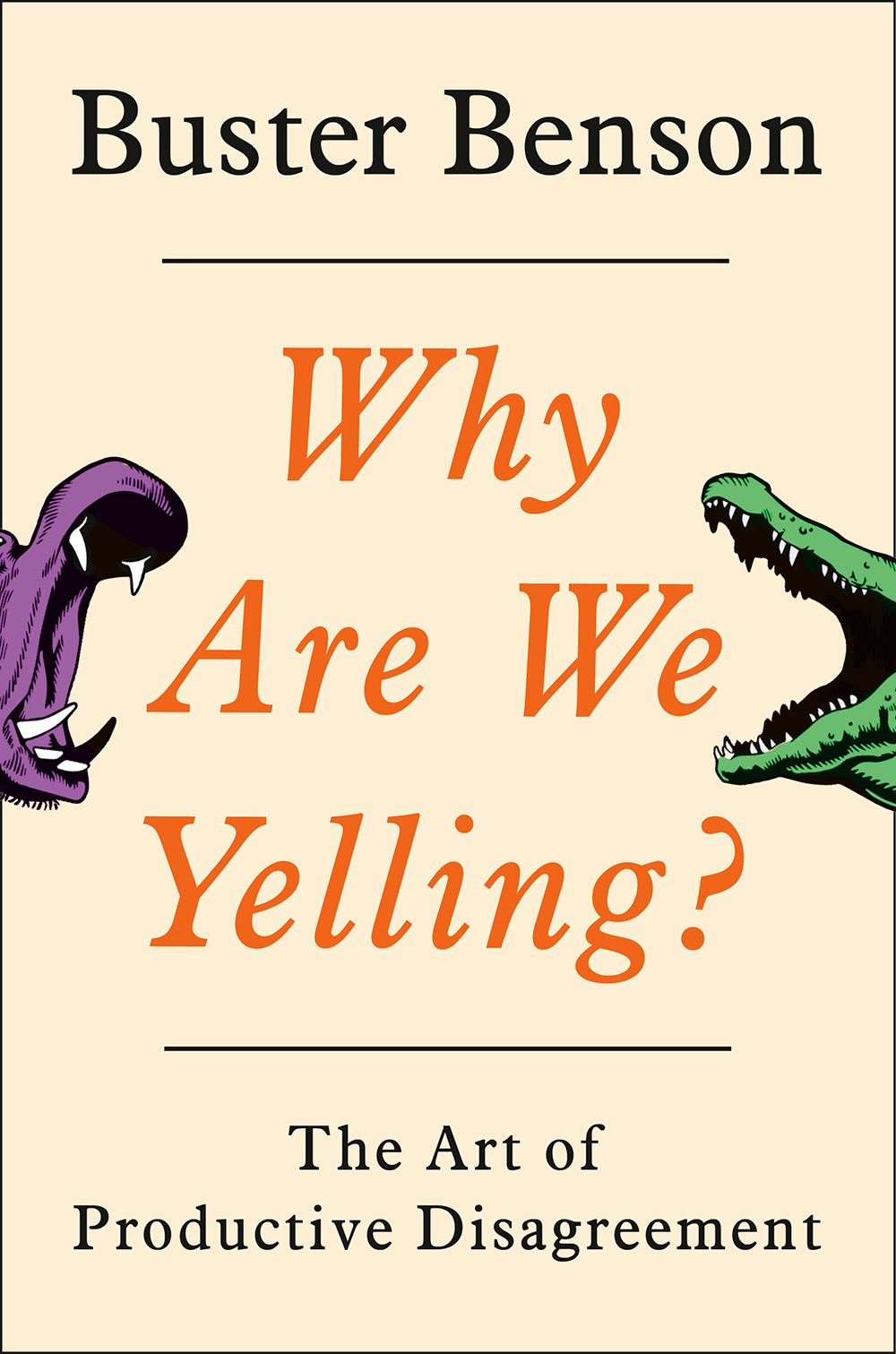The definition of “emotional labor” has changed
The original meaning was about the work of hiding emotions from your job.
Arlie Hochschild coined the term in her book, The Managed Heart, to describe a component of some service industry jobs in which workers must project a different emotion than the one they are experiencing.
The new common usage is super valuable for us, and probably more valuable than the original intended meaning. But I also really like the original intended meaning and think it too is a phenomenon worth understanding.
The new usage of “emotional labor” has gained currency as a way to describe the myriad unpaid jobs and responsibilities that people (many of them women) take on in families, offices, and communities.
In families, the term refers to the mental work required to keep a household running—all that scheduling and bill-paying and research—as well as the anxiety of being in charge of those thankless and largely invisibly tasks.
“Emotional labor” had a narrower meaning as it was originally conceived. In 1983, the Berkeley sociologist Arlie Hochschild coined the term in her book, The Managed Heart, to describe a component of some service industry jobs in which workers must project a different emotion than the one they are experiencing. The most often used example of this is a flight attendant tasked with maintaining an air of friendly calm, even amidst passenger complaints or turbulence (a notion that inspired an entire genre of Saturday Night Live skits). It’s a useful term, to describe a real phenomenon.
The original definition of “emotional labor” is the work of separating your public expression of emotions from your private experience of emotions. Wow.
When academic terms escape into the wilderness and take on new meaning, the concepts and arguments they describe meet a broader audience. Solomon points to the idea of “intersectionality” as another modern example.
But now, “intersectional” is often used in a positive sense as in: an intersectional approach to activism, or an intersectional outlook. It’s used to describe people working to be aware of the ways different identities overlap and intersect; and it has become shorthand for thinking outside your own experience of the world.
The usage of “intersectionality” has evolved to include positive aspects as well as oppressive.
She pointed out that the most powerful, compelling terms and concepts hit upon something that needed a name.

Buster Benson (@buster) is a writer and builder of things. If you're new here, check the about page or see my entire life on a page.
Join my newsletter to get updates about my book and analysis of bias and unproductive disagreements in the wild. Browse the archive first, to get a feel.
SubscribeI'm not great at email but I'm not the worst either. My DMs are open on Twitter as well.
